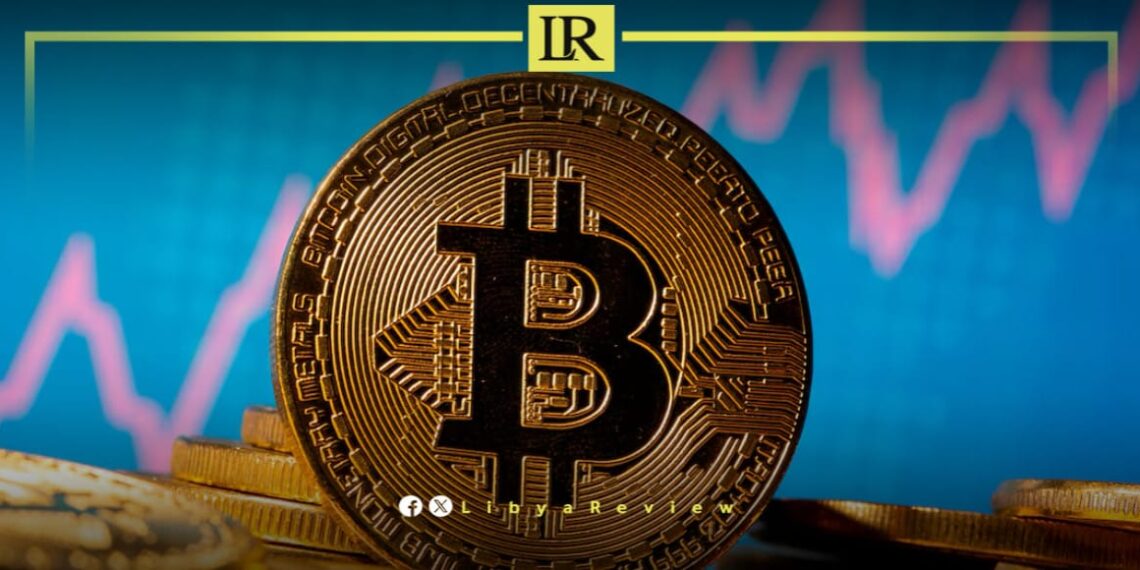Libya, traditionally known for its oil-dependent economy, surprisingly led the Arab world in Bitcoin mining in 2022, according to the Cambridge Bitcoin Electricity Consumption Index. This placed the North African nation ahead of more stable and regulated economies, despite its ongoing political and economic challenges
According to a report by “Al Jazeera Net”, the rise of cryptocurrency mining in Libya is largely driven by low electricity costs, making it an attractive but legally ambiguous sector. While no explicit laws ban crypto mining, there is also no regulatory framework governing it. This has led to concerns about its impact on Libya’s economy, financial policies, and national security.
According to digital currency investor Salem Hunaidi, who manages a Facebook trading group with over 44,000 members according to Al Jazeera Net, cryptocurrency interest is growing, particularly among Libya’s youth. Speaking to Al Jazeera Net, he noted that many individuals and pages are actively educating the public on financial freedom through digital assets, despite regulatory constraints.
Khaled (a pseudonym), a currency exchange operator, told Al Jazeera Net that demand for cryptocurrencies has significantly increased over the past two years. He identified two main groups of buyers:
Those seeking quick profits without deep market knowledge.
Long-term investors who regularly purchase digital assets and hold them for years.
Dr. Magdy Al-Shabani, a law professor and member of the Scientific Council at the Criminal Studies and Research Centre under the Attorney General’s office, explained to Al Jazeera Net that Libyan law does not explicitly criminalise mining or cryptocurrency transactions. However, engaging in such activities without approval from the Central Bank of Libya (CBL) can lead to legal repercussions, particularly if miners illegally tap into the electricity grid.
Al-Shabani warned that if cryptocurrency operations were linked to human trafficking, fuel smuggling, or drug trade, they could be classified as financial crimes, leading to severe penalties.
Parliamentarians Abdul Monem Al-Arfi and Ali Al-Soul told Al Jazeera Net that Libya’s House of Representatives is working on regulations to address the crypto industry. The CBL first issued a warning in 2018, banning cryptocurrency transactions due to security and financial risks, including money laundering and terrorism financing.
The 2021 Cybercrime Law defines electronic money as “prepaid monetary value stored on an electronic device, not linked to a bank account.” However, it does not explicitly prohibit cryptocurrency mining or trading.
Libyan security forces have conducted multiple operations targeting illegal mining networks. In April 2023, authorities in Benghazi seized over 1,000 Bitcoin mining devices that reportedly generated around $45,000 per month.
In June 2023, investigations uncovered a large-scale crypto mining operation involving 50 Chinese nationals and Libyan partners in Zliten. Raids in Tripoli and Misrata revealed additional mining farms, highlighting the sector’s rapid expansion.
Libyan digital blogger Ali Al-Tawil shared his experience as a miner since 2016, stating that his three mining devices consume minimal electricity, comparable to a small air conditioner.
However, Prime Minister Abdul Hamid Dbeibah warned in 2022 that illegal mining was straining Libya’s power grid, consuming between 1,000 and 1,500 megawatts per operation.
A study by the South Policy Centre estimated that 1.3% of Libyans—approximately 54,000 people—owned cryptocurrencies in 2022.
Dr. Suleiman Al-Shahoumi, founder of the Libyan Financial Market, told Al Jazeera Net that Libya mishandled cryptocurrency regulation. He argued that mining and trading should be legalised and taxed rather than treated as economic threats. He proposed:
Establishing a regulated crypto framework.
Licensing and monitoring crypto exchanges.
Developing infrastructure to support digital finance.
Conversely, economic researcher Mohamed Dremeish argued that cryptocurrencies pose a risk to Libya’s economy, affecting the national currency’s stability and the country’s balance of payments. He warned that introducing an uncontrolled financial instrument could weaken the Libyan dinar and create inflationary pressures.


